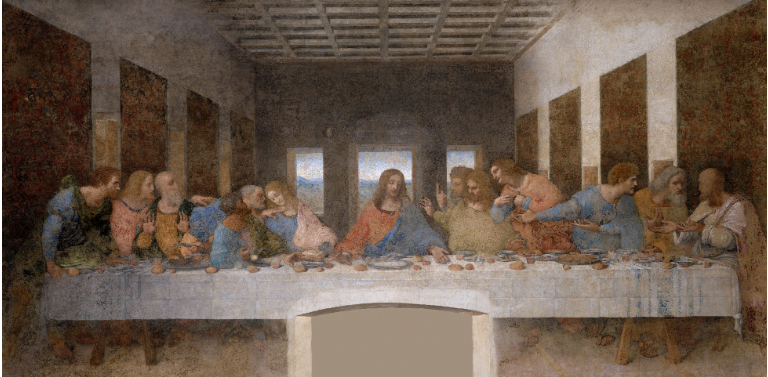AI in the Film Industry: Will Screenwriters Be Replaced? by Cailey Tin
- Breanna Crossman
- Oct 4, 2023
- 2 min read
Updated: May 15, 2024

Photo from thenetworkcompany.net
The distinction between human creativity and artificial intelligence (AI) skills is becoming increasingly hazy in the age of fast technological growth. The world of film and television, where the position of the screenwriter has long been praised as the creative engine behind personal storylines, is one area where this intersection is becoming more and more apparent. But as AI algorithms advance, concerns about the extent to which machines can take the place of—or supplement—human screenwriters grow. Is there a chance that it will eliminate the distinctive voice and imagination that screenwriters bring to the big screen?
First and foremost, AI-driven software can instantly dissect massive amounts of scripts and detect patterns that resonate with audiences, producing a ton of material that incorporates a variety of popular clichés.
As a result of its inability to replicate emotional patterns, AI finds it challenging to maintain a consistent voice and tone when asked to create a story that is closely related to an existing concept or a script that is similar to a show that was already successful.
The creative process, storytelling, and emotional nuance of characters are aspects that are profoundly anchored in human experience and imagination, even while AI can be used to customize content for consumers by proposing movies and TV episodes based on individual likes and viewing behaviors. Human writers use their own life experiences and cultural knowledge to craft stories that connect with readers on a deeper level than AI ever could.
Although doing so on one's own is another issue, artificial intelligence can improve the viewing experience and assist content providers in making their work more audience-specific.
Since AI relies on patterns and data from existing content, copying styles and trends frequently conflicts with coming up with new and creative ideas. This data-driven approach can assist writers and studios in choosing projects with greater knowledge, but it's important to keep in mind that the film industry is dynamic and ever-changing, which means that audience preferences change quickly, and AI may find it difficult to keep up with these changes.
In conclusion, even though artificial intelligence (AI) has the potential to revolutionize the film business by improving certain facets of production, marketing, and distribution, the creative and artistic parts of filmmaking continue to be wholly human. While AI can assist with concept generation and draft creation, it struggles to match the complexity, richness, and originality of human storytelling. Instead of completely replacing the industry, it serves as a professional's simpler access to their creative pursuits.
Cailey Tin hails from the Philippines, writing or editing for magazines such as Incandescent Review, Paper Crane Journal, the borderline, and Incognito Press. Her poetry and other shenanigans are published or forthcoming in Eunoia Review, Raven Review, Fairfield Scribes, Alien Magazine, and elsewhere. When not writing, she’s engrossed in global history, playing the piano, or daydreaming. Instagram: @itscaileynotkylie



Comments